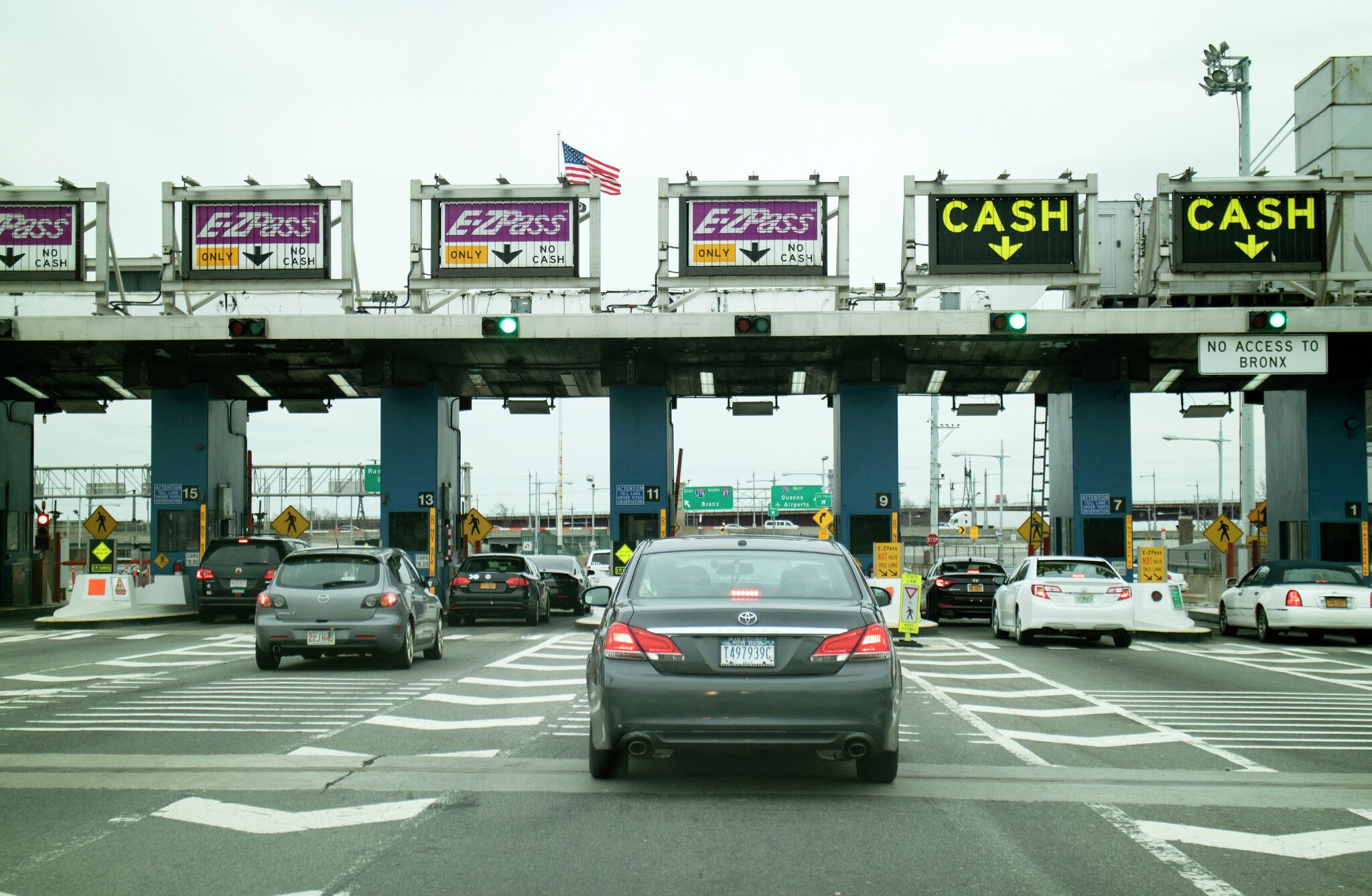Some Connecticut residents are receiving text messages from an account claiming to be E-ZPass, but it is a scam.
If you get a text from E-Zpass, look for grammatical errors and odd web addresses with a string of nonsensical characters.
Text message toll scams are getting more specific, sneakier, less obvious to spot. It wasn’t too long ago that texts were ostensibly a “toll roads notice of toll evasion.” Now, in an attempt to seem more official, they sometimes appear to come from E-Zpass.
"Some of these messages reference the “NY Toll Services,” while others are using other fictitious names," E-ZPassNY said on the agency's website. "Please be advised this is not an authorized communication from E-ZPass or the toll agencies associated with E-ZPass."
Advertisement
Article continues below this ad
E-ZPass, or a version of it, is accepted in many states from the east coast to the midwest and beyond, and officials in multiple states are warning residents not to click any link or reply to the texts.
It’s a type of scam called “smishing,” a combination of “SMS” and “phishing,” and the goal is to steal your money and your information.
“Consumers should know that E-ZPass, or Tolls by Mail, will never send a text or email requesting personal, sensitive information,” said New York Gov. Kathy Hochul.
Advertisement
Article continues below this ad
Likewise, the Massachusetts Department of Transportation said that “EZDriveMA will never request payment by text.” It also appears that getting a text has nothing to do with actually driving on a toll road.
“The targeted phone numbers seem to be chosen at random and are not uniquely associated with an account or usage of toll roads,” MassDOT said. “Customers who receive an unsolicited text, email, or similar message suggesting it is from EZDriveMA or another toll agency should not click on the link.”
To begin, you’ll never get a text from E-ZPass or any toll authority over an unpaid bill.
Advertisement
Article continues below this ad
Connecticut has no toll roads, and Department of Consumer Protection spokesperson Kaitlyn Krasselt said, “If you haven’t recently driven on a toll road, that’s a good sign it’s a scam.”
Krasselt’s said there may be subtle or more overt mistakes in the text. In one example text, the link was preceded by the words “now payment.”
The links themselves often are a giveaway. “All links associated with EZDriveMA will include ‘www.EZDriveMA.com,’” according to MassDOT. E-ZPassNY offered similar advice: "Real communications from E-ZPass New York will only refer customers to the following official websites: EZPassNY.com and TollsByMailNY.com."
Scam links will often include a seemingly official website but will be followed by a series of nonsense characters.
Advertisement
Article continues below this ad
“These fake texts are often sent from an international number and request the consumer to reply with ‘Y’ to receive a link and contain an unofficial website,” according to Hochul’s office.
Krasselt said after you’ve determined it’s a scam, “Do not engage with the message, delete it, and report it to the Federal Trade Commission at ReportFraud.ftc.gov.”
Jordan Nathaniel Fenster is a reporter with CT Insider. He’s worked as a journalist covering politics, cannabis, public health, social justice and more for 25 years. Jordan’s work has appeared in The New York Times and USA Today in addition to multiple regional and local newspapers. He is an award-winning reporter, podcaster and children’s book author. He serves as senior enterprise reporter and lives in Stamford with his dog, cat and three daughters. He can be reached at [email protected].
About
Contact
Services
Account
How to spot a fake E-ZPass message as toll text scams become more sophisticated – CTPost

